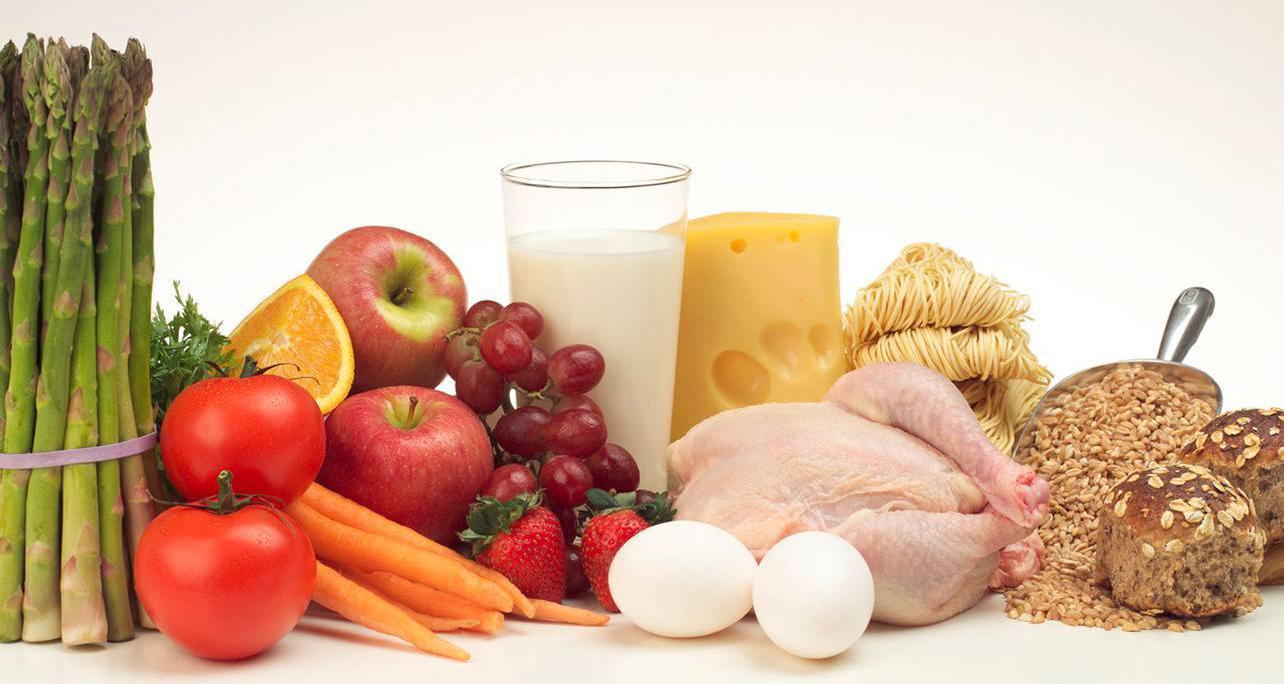Trans Fat and Why you Should Avoid it Completely
You know how the saying goes about how you can eat anything in moderation? When it comes to trans fats, though, this does not apply. But why, you may ask, are trans fats so bad for you? Surely a little bit can’t be that bad…
Trans fats are formed via hydrogenation, a process that converts an unsaturated liquid fat into a solid fat. According to the National Academy of Sciences (NAS), "Trans fatty acids are not essential and provide no known benefit to human health” and “while both saturated and trans fats increase levels of LDL (“bad”) cholesterol, trans fats also lower levels of HDL (“good”) cholesterol, thus increasing the risk of coronary heart disease.” The report concludes “trans fats are more deleterious with respect to coronary heart disease than saturated fats.” Knowing this, the NAS states emphatically that there is NO safe level of trans fat consumption. Nada. Zip. Zero.
Food manufacturers have finally begun acknowledging the dangers of trans fats, but did you know that if a food contains less than 0.5 grams of trans fats per serving, the label can claim it has "0 grams of trans fats!?"
Here is one more sobering fact: According to Dr. Robert DeMaria, druglessdoctor.com, trans fats interrupt fat in the brain called DHA. Trans fat has a half-life of 51 days. This means, if you eat food that has trans fat in it, normal brain and nervous system fat will be compromised for 102 days!
If you have been trusting labels and consuming these foods frequently, you could be racking up dangerous fats without even knowing it. So how to avoid them completely?
 Your best bet, as always, is to eat fresh, unprocessed, whole foods. A few good oils to use at home are coconut oil, olive oil, and butter. Avoid any packaged food that says ‘hydrogenated’ ‘shortening’ or ‘partially-hydrogenated.’ Avoid commercially prepared baked goods. When going out to eat avoid fried foods and ask for oil and vinegar instead of salad dressing.
Your best bet, as always, is to eat fresh, unprocessed, whole foods. A few good oils to use at home are coconut oil, olive oil, and butter. Avoid any packaged food that says ‘hydrogenated’ ‘shortening’ or ‘partially-hydrogenated.’ Avoid commercially prepared baked goods. When going out to eat avoid fried foods and ask for oil and vinegar instead of salad dressing.